Keywords: Nuclear
There are more than 200 results, only the first 200 are displayed here.
-
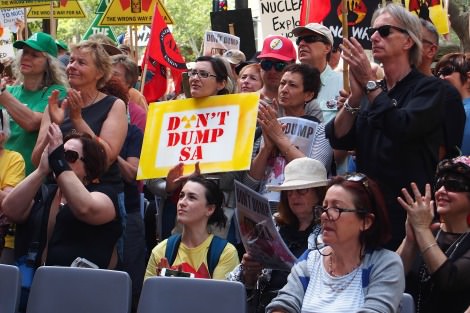
ENVIRONMENT
- Michele Madigan
- 13 February 2017
9 Comments
'It will be your artists: the poets, painters, actors, dancers, musicians, orators - they will be the ones to lead the changes.' It was one of the many international invited guests, a Maori woman speaker, who made this prediction to the huge 40,000 strong crowd that marched to Hyde Park, Sydney, on 26 January 1988. In South Australia almost 30 years later, this prophecy continues to unfold in the high-stakes battle for country that surrounds the proposed nuclear waste dump.
READ MORE 
-
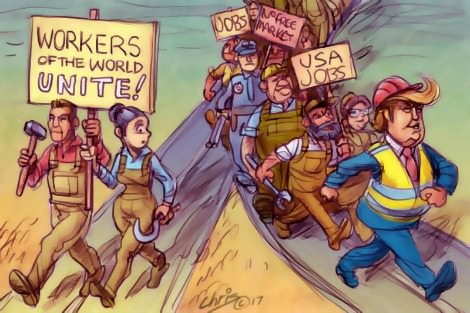
INTERNATIONAL
- Colin Long
- 10 February 2017
15 Comments
Much commentary on Trump's victory has veered between two explanations: either there is large proportion of the electorate with 'deplorable' attitudes to women and minorities; or economic dislocation has produced an angry white working class eager to punish political elites. These explanations are not mutually exclusive. The willingness to ignore or welcome Trump's misogyny is a symptom of the undermining of a deep sense of masculinity that, for some men, is their primary identity.
READ MORE 
-
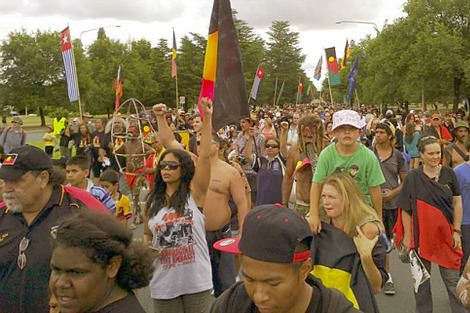
AUSTRALIA
- Celeste Liddle
- 23 January 2017
27 Comments
For many years I felt that by changing the date we might come to a more inclusive national celebration. However the past few years of Indigenous activism have left me cynical. The things we were fighting for decades ago are very similar to the things we're still fighting for. Australia has not acknowledged and rectified its history; rather it seems content to reinforce its amnesia. It's therefore unlikely I will be able to stop protesting this celebration, regardless of the day it's held upon.
READ MORE 
-
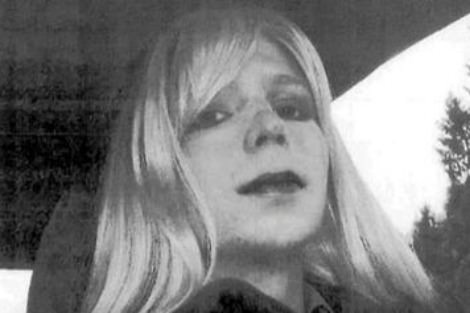
INTERNATIONAL
- Binoy Kampmark
- 19 January 2017
5 Comments
Manning became the victim of an institutional drive to target whistleblowers, with the centrepiece of the prosecution focusing on computer crimes and the Espionage Act. Despite the eventual commutation of her 35 year sentence, the severity of that sentence demonstrated the gulf between the cosy, public relations air of an administration keen to project certain achievements and its stomping on those keen to disclose inappropriate and illegal conduct in the security and intelligence services.
READ MORE 
-
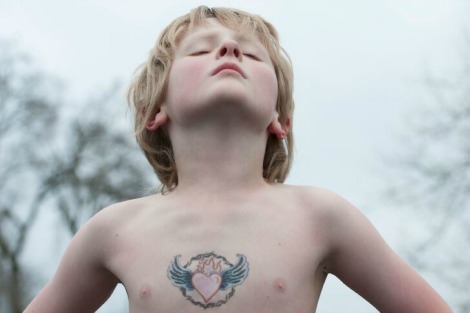
AUSTRALIA
- Ann Deslandes
- 06 December 2016
6 Comments
I'm a 36 year old white Australian who grew up middle class in suburban Adelaide. I can count on one hand the number of households in the streets I lived on which were always-already made up of a mum-dad-kids scenario. The research on children's attachment, development and resilience shows kids need meaningful, culturally appropriate relationships with caring and competent adults in order to thrive as human beings. These adults can be pretty much anyone as long as they fit that bill.
READ MORE 
-
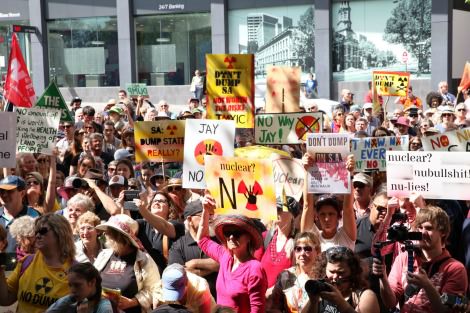
ENVIRONMENT
- Michele Madigan
- 17 November 2016
11 Comments
The last 30 days have seen some big developments in the ongoing attempts of Premier Weatherill's plan to import high-level and intermediate level radioactive waste. On Sunday 6 November came the surprising decision of the Premier-initiated Citizens Jury. By the end of their six day deliberations, the 350 second round jurists showed a decided shift in opinion. Their 50 page report, presented to a somewhat discomfited Premier, had a strong two thirds majority against the dump.
READ MORE 
-
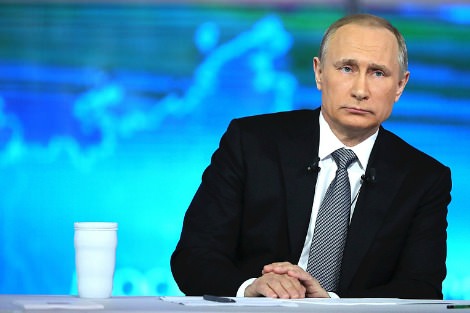
INTERNATIONAL
- Justin Glyn
- 15 November 2016
6 Comments
If a failure of empathy marks our understanding of internal politics, its effects are magnified, with even worse results, in the international arena. A classic example is Russia. Since the fall of the Soviet Union, the west has failed to take Russian interests seriously. I endorse neither the present Russian government nor its point of view. However, knowing that the other side has a point of view and what it is is vital in avoiding miscalculations. You don't get a second chance with nuclear weapons.
READ MORE 
-

AUSTRALIA
- Binoy Kampmark
- 18 October 2016
2 Comments
The late Professor Desmond Ball of the Australian National University's Strategic and Defence Studies Centre came as close as any on being a public intellectual on nuclear strategy. While some of his counterparts in the US felt that using nuclear weapons was feasible and sound, Ball issued his pieces with mighty caveats. 'Controlling escalation', Ball ventured, 'requires both adversaries to exercise restraint, and current US policy is to offer a ... mixture of self-interest and coercion.'
READ MORE 
-
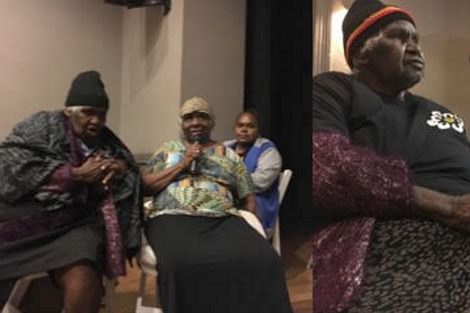
ENVIRONMENT
- Michele Madigan
- 23 September 2016
13 Comments
On Saturday 3 September, in Port Augusta, Yankunyjatjara Elder Edie Nyimpula King was keeping up the struggle, singing again the Seven Sisters inma, strong in its demands for a clean country and protection for the future generations. Its cry: Irati Wanti ... leave the poison! Have nothing to do with it! No radioactive waste dump in our country! But why is such responsibility for country and the health of its people forever so hard? Why is the destruction of country forever allowed to be normalised?
READ MORE 
-

AUSTRALIA
- Barry Gittins
- 15 August 2016
12 Comments
Within the first 20 minutes of my morning, I pay homage to life by partaking in that glorious gift to humanity, coffee. As well as the contested space around coffee's possible physical health benefits and purported dodgy effects, going for a coffee is good for the soul. Humans are social creatures, and coffee lubricates our communing. Over a cuppa I have shared hardships, counselled and been counselled, listened to tales of brokenness and celebrated the wins that punctuate our travails.
READ MORE 
-
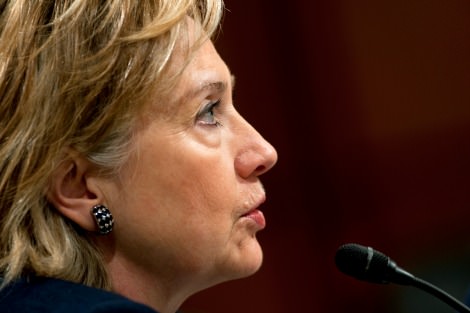
INTERNATIONAL
As the US goes through its convention season, it is becoming increasingly clear that the choice is between someone spouting decidedly undemocratic and possibly fascist rhetoric and someone for whom democratic decision-making is, at best, something to be evaded with as little scrutiny as possible. Both parties are moneyed and both seek foreign scapegoats upon which to direct media attention. November is shaping up to provide a distinctly unpalatable choice.
READ MORE 
-
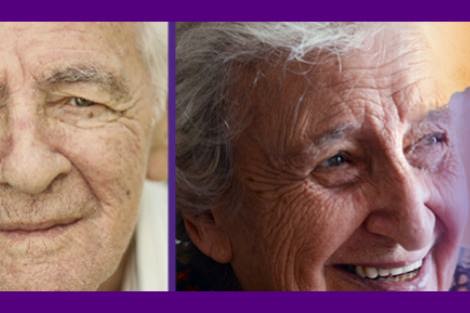
AUSTRALIA
- Andrew Hamilton
- 16 June 2016
12 Comments
We all know elderly people who are healthy, active, and blessed with loving families. But the image represents only part of the reality of old age. Many elderly people are ill, have lost their partners, live alone with little connection to their families, suffer from incipient dementia, and are dependent on others for the daily business of living. If they appear at all in the media, it is usually in bad news stories. They are seen as people different from us. A significant minority of older people, too, suffer from abuse.
READ MORE 